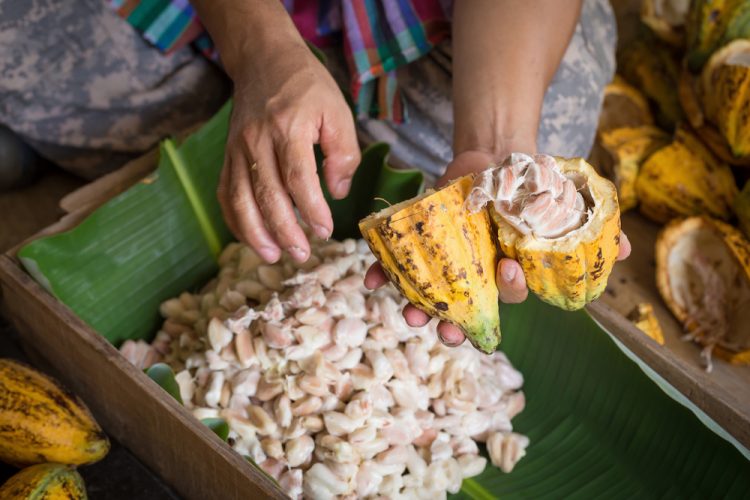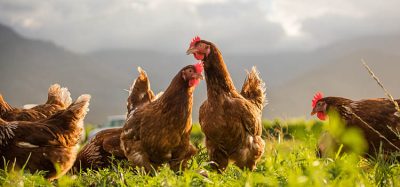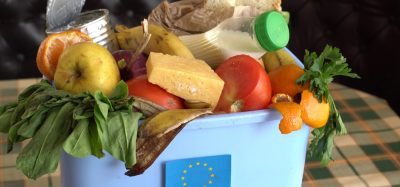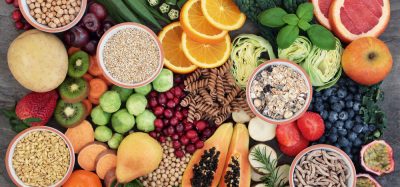Nestlé develops chocolate-making technique to maximise cocoa fruit yield
Posted: 20 August 2025 | Ben Cornwell | No comments yet
Nestlé unveils a new patented chocolate-making process designed to increase cocoa yield by using up to 30 percent more of the cocoa fruit.


Nestlé has unveiled a new patented technique that boosts cocoa yield by up to 30 percent, turning normally discarded parts of the cocoa fruit pod into high-quality chocolate.
Traditionally, chocolate relies solely on the beans inside the cocoa pod, leaving pulp, placenta, and husk largely unused.
Nestlé’s new method collects the entire pod content as a wet mass. This ferments naturally to unlock chocolate flavours. The mass is then ground, roasted and dried into flakes ready for chocolate production, without altering taste.
Louise Barrett, Head of Nestlé’s Research and Development Centre for Confectionery in York, said:
With climate change increasingly affecting cocoa yields around the world, we are exploring innovative solutions that could help cocoa farmers maximise the potential of their harvests. This technique utilises more of the fruit, while enabling us to provide delicious chocolate to our consumers. While this project is still at a pilot stage, we are currently exploring how to apply this innovation at a larger scale.”
Innovating to address growing challenges
The cocoa yield innovation comes amid a global cocoa crisis, as farming faces intensifying challenges. Climate change, soil depletion, disease, deforestation and unpredictable weather are reducing yields. Pest outbreaks and surging cocoa prices put further pressure on producers.
Nestlé says the approach could also free up time for farmers to focus on good agricultural practices such as pruning, which can boost output. By using the whole cocoa pod, the method reduces waste and adds value for growers, addressing both environmental and economic pressures in the chocolate sector.
Alongside these chocolate production innovations, the company has recently partnered with IBM Research to develop an artificial intelligence (AI) tool capable of designing sustainable, high-barrier packaging that protects food and reduces waste, further demonstrating Nestlé’s commitment to efficiency and sustainability across its operations.
Related topics
Food Waste, Processing, Research & development, Sustainability, Technology & Innovation, Trade & Economy, World Food









